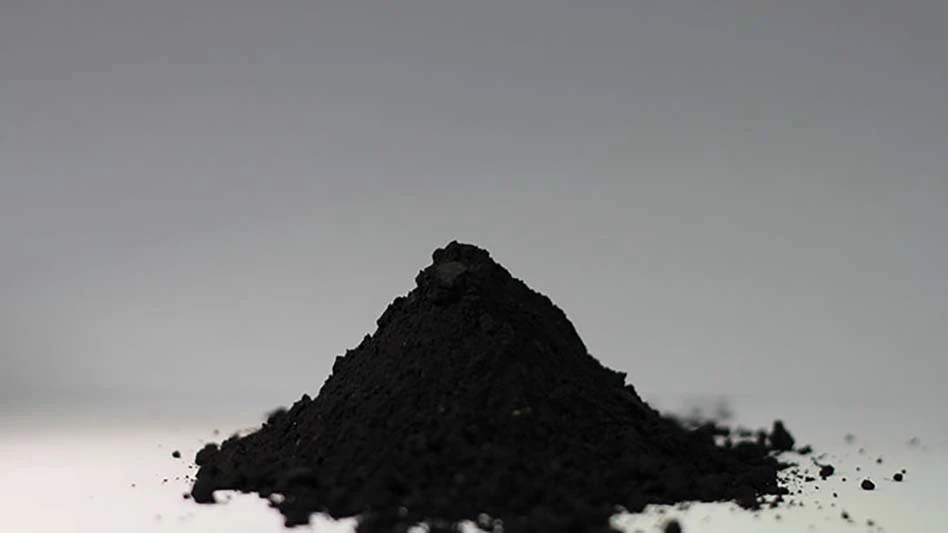
Eduardo Barraza | stock.adobe.com
The United States Environmental Protection Agency (EPA) has announced that SA Recycling LLC, based in Orange, California, will pay $68,000 in civil penalties to resolve alleged violations of the federal Clean Water Act.
According to EPA, the company failed to adequately control stormwater runoff from its scrap metal recycling and processing facility in St. Louis, and these failures could result in illegal discharges of pollution into the Mississippi River.
“Uncontrolled runoff from industrial facilities not only harms streams and rivers, but it also limits the public’s use and enjoyment of those waters,” says David Cozad, director of EPA Region 7’s Enforcement and Compliance Assurance Division. “This settlement demonstrates EPA’s commitment to protecting vital watersheds, especially in areas overburdened by pollution, and creating a level playing field with businesses who are complying with the law.”
Last year, the EPA conducted a compliance evaluation inspection of the facility and found that SA Recycling failed to mark and identify outfalls, update its stormwater pollution prevention plan (SWPPP) and conduct monthly site inspections and employee training concerning proper management practices to avoid pollution. EPA also found that the facility had failed to properly manage materials, storing them “in a manner that would transport them to the Mississippi River during a rain event.” According to the settlement documents, these materials included stockpiles of scrap and debris, insulation foam and an open dumpster containing gas cans, propane tanks and discarded scrap.
In addition to paying the penalty, EPA says SA Recycling will correct the alleged violations through implementation of an EPA compliance order, which will cost approximately $44,000.
EPA identified that the community surrounding SA Recycling’s facility was a potentially sensitive location for air pollution, lead-based paint, hazardous waste and wastewater discharges. EPA says it is strengthening enforcement in such communities to address disproportionately high and adverse human health or environmental effects of industrial operations on vulnerable populations.
Under the Clean Water Act, industrial facilities that propose to discharge into protected water bodies are required to obtain permits and to follow the requirements outlined in those permits to reduce pollution runoff. Failure to obtain a permit or follow the requirements of a permit may violate federal law.
Sponsored Content
SENNEBOGEN 340G telehandler improves the view in Macon County, NC
An elevated cab is one of several features improving operational efficiency at the Macon County Solid Waste Management agency in North Carolina. When it comes to waste management, efficiency, safety and reliability are priorities driving decisions from day one, according to staff members of the Macon County Solid Waste Management Department in western North Carolina. The agency operates a recycling plant in a facility originally designed to bale incoming materials. More recently, the building has undergone significant transformations centered around one machine: a SENNEBOGEN telehandler (telescopic handler).
Get curated news on YOUR industry.
Enter your email to receive our newsletters.
Latest from Recycling Today
- Reworld partners with Mystic Aquarium
- BIR calls for fair standards, circular solutions in defining ‘green steel’
- LME reports active Q2
- Liberty Steel assets facing financing deadlines
- Sims is part of Australian recycling loop
- Tariffs target steel exporters Brazil, Canada and South Korea
- Buy Scrap Software to showcase its software at Scrap Expo in September
- LG details recycling activities








